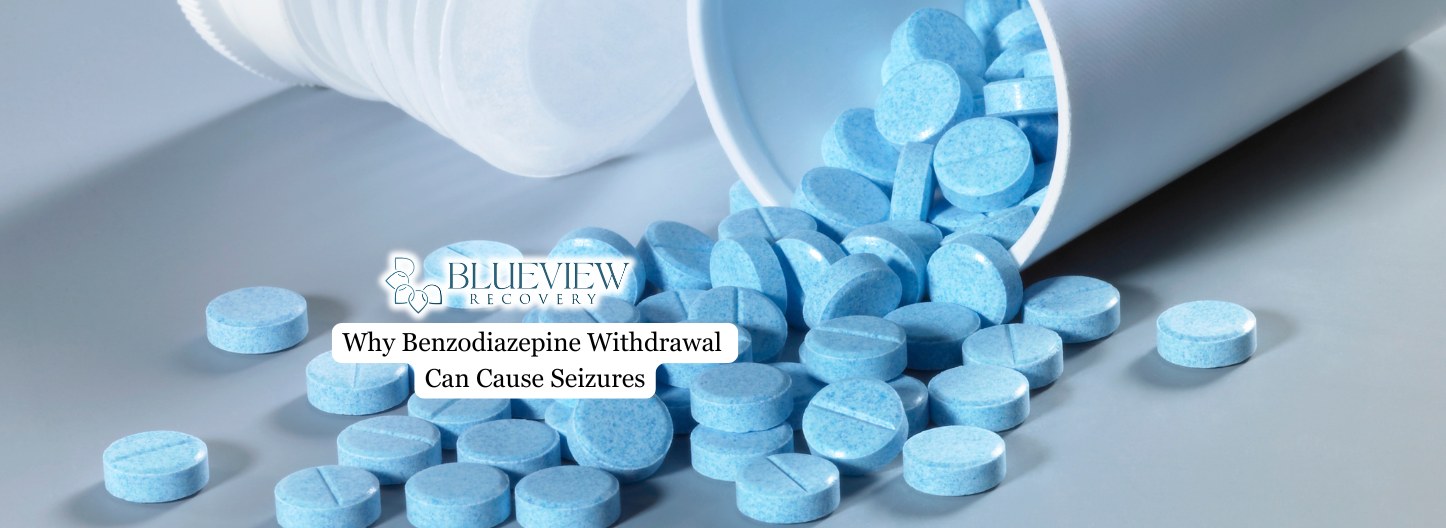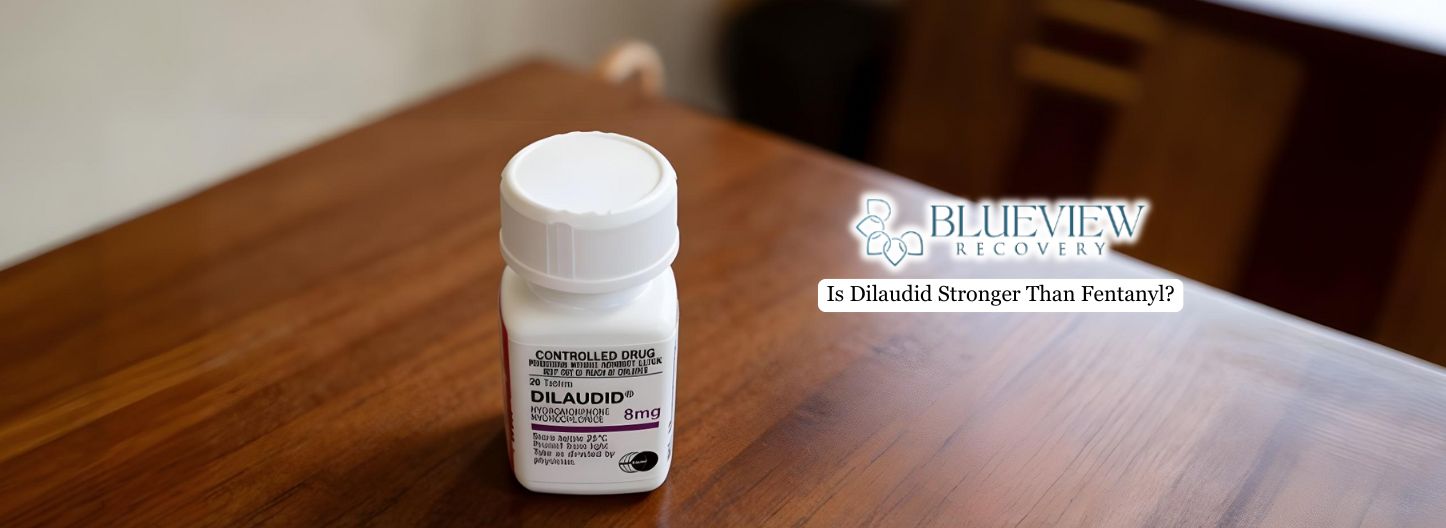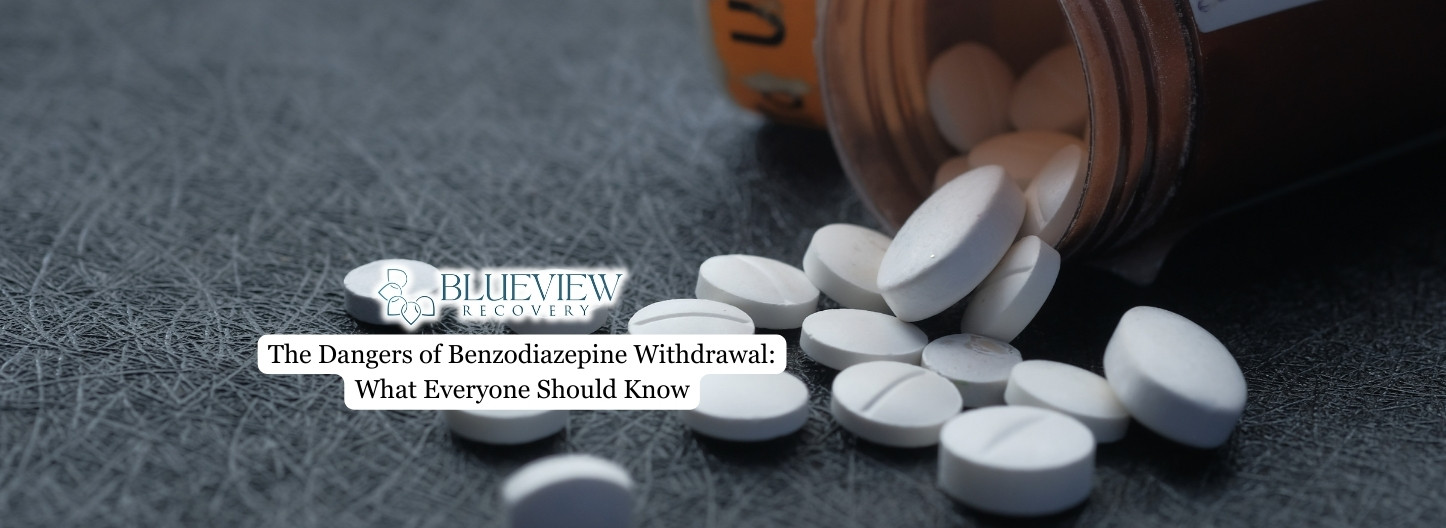If you’re thinking about quitting alcohol, it’s important to know what your body might go through in the hours and days that follow. Alcohol withdrawal isn’t just uncomfortable—it can be dangerous without the right support.
This article lays out the key symptoms, the withdrawal timeline, and why medically supervised detox is often the safest path forward.

What Causes Alcohol Withdrawal?
Alcohol withdrawal occurs when the body reacts to the absence of alcohol after a period of heavy or consistent use. The brain becomes dependent on the depressant effects of alcohol, and sudden removal leads to an overstimulated nervous system. This reaction triggers a set of symptoms that occur within hours to days after stopping alcohol. The severity of alcohol withdrawal depends on several factors, including the amount of alcohol consumed, the duration of alcohol use, and individual health conditions.
People with alcohol use disorder are especially likely to experience withdrawal symptoms, ranging from mild symptoms like anxiety to severe symptoms like delirium tremens. Alcohol withdrawal syndrome is more than just discomfort—it can be life-threatening without proper care. That’s why professional alcohol treatment is critical to managing the risks and ensuring a safe recovery.
Alcohol Withdrawal Symptoms and Timeline: What to Expect
When quitting alcohol, most individuals begin to experience alcohol withdrawal symptoms within 6 to 12 hours after their last drink. These symptoms of withdrawal can vary widely in severity depending on personal health, drinking history, and other individual factors.
Early symptoms usually include physical discomfort like sweating, tremors, nausea, headaches, and irritability. Anxiety and insomnia are also common during this initial stage. These are typically considered mild symptoms of alcohol withdrawal.
As the withdrawal process progresses, symptoms may intensify. Within 12 to 48 hours, individuals may develop elevated heart rate, increased blood pressure, confusion, and even hallucinations. This is when symptoms typically reach their peak intensity.
The most severe phase tends to occur between 48 and 72 hours, when the risk of withdrawal delirium (also known as delirium tremens) is highest. This dangerous condition may involve seizures, severe agitation, and potentially life-threatening heart or neurological complications. Alcohol withdrawal syndrome at this stage requires immediate medical attention.
After the initial 72-hour window, symptoms often begin to subside. However, some individuals may experience protracted withdrawal symptoms, including ongoing mood swings, fatigue, sleep disturbances, and brain fog. These lingering effects can last for weeks and are part of the extended alcohol withdrawal timeline for some.
Alcohol Detox and Withdrawal: Why Supervised Care Matters
Undergoing detox from alcohol without medical support can be dangerous. A medical detox program provides monitoring, medications to ease the symptoms, and intervention if complications arise. Detox may be necessary in a hospital or residential treatment setting for those with severe alcohol use disorder or a history of severe withdrawal symptoms.
It is especially important for individuals at risk of developing alcohol withdrawal syndrome. Treatment for alcohol withdrawal includes hydration, medication to reduce cravings and stabilize symptoms, and continuous monitoring to prevent complications. Without medical supervision, severe withdrawal symptoms like seizures or cardiac issues may go untreated.

Stages of Alcohol Withdrawal and Recovery
Alcohol withdrawal stages extend beyond just the initial detox period. After the acute symptoms resolve, individuals may still experience psychological symptoms such as anxiety, depression, and alcohol cravings. These symptoms can last for weeks, especially in people with long-term alcohol dependence.
Continued treatment for alcohol addiction is vital for recovery. This includes counseling, behavioral therapy, and support groups. A structured treatment program can help individuals maintain sobriety and manage withdrawal symptoms if they recur. Managing the range of withdrawal symptoms effectively requires a comprehensive approach to alcohol recovery.
Dangers of Alcohol Withdrawal and When to Seek Help
Alcohol misuse can lead to severe or complicated withdrawal if not properly treated. The dangers of alcohol withdrawal include hallucinations, seizures, dehydration, and even death in extreme cases. People who go through alcohol withdrawal should never do so alone or without medical advice.
Whether you develop severe alcohol withdrawal symptoms depends on the duration and amount of alcohol intake. People with a history of heavy alcohol use or previous withdrawal episodes are more likely to experience symptoms. If you or someone you know is planning to stop drinking alcohol, it’s critical to consult a healthcare provider or detox center.
Final Thoughts from Blueview Recovery
Alcohol withdrawal is often the first—and most difficult—step toward recovery. The process can be both physically and mentally exhausting. That’s why it’s critical to have the right support in place from the beginning.
At Blueview Recovery, we understand the physical and psychological toll that alcohol withdrawal can take. That’s why our detox programs in Philadelphia, PA, are designed to safely guide individuals through each stage of alcohol withdrawal and detox. With medical support, compassionate care, and individualized treatment plans, we help people with alcohol use disorder start their journey toward lasting recovery.





